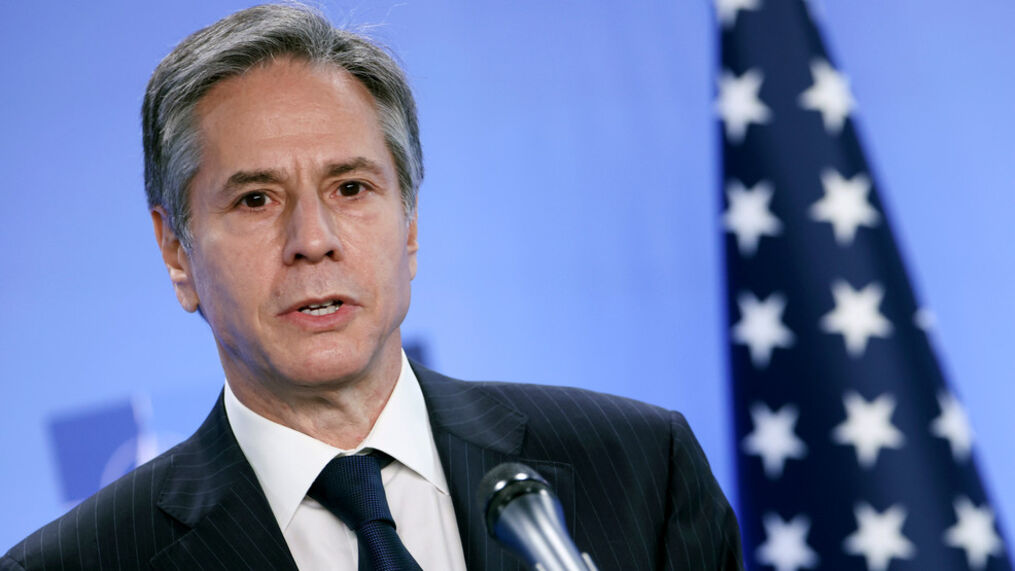Transcript:
SECRETARY BLINKEN: Well, good afternoon, everyone. I am extremely pleased to be joined by Congolese President Tshisekedi, with my friend the foreign minister as well – very good to see you – and the president of Zambia, Hichilema, with our – also my colleague here today. We have as well the minister of commerce from both – from Zambia, the vice prime minister from the DRC, and the Under Secretary of State for Economic Growth Jose Fernandez, all with us today to sign or witness the signing of a memorandum of understanding in which the U.S. will support the DRC and Zambia in developing an electric vehicle value chain.
I really want to commend the DRC and Zambia, their governments for their leadership and vision in developing an electric vehicle battery council. This is the future, and it is happening in the DRC and in Zambia. The DRC produces more than 70 percent of the world’s cobalt. Zambia is the world’s sixth-largest copper producer, second-largest cobalt producer in Africa. Global demand for critical minerals is going to skyrocket over the next decades. The plan to develop an electric battery supply chain opens the door for U.S. and like-minded investment to keep more value added in Africa. Electric vehicles help reduce carbon emissions; they support the global response to the climate crisis.
This memorandum of understanding that we’re about to sign signals the support by the U.S. Government for what is a very important project between these two countries. Different government agencies, USAID, Commerce, the Trade and Development Agency, are exploring technical assistance for the EV supply chain. Our EXIM Bank, the Development Finance Corporation, will be exploring financing and support mechanisms for investment in African electric vehicle value chains.
So this is I think an important moment to take note of a truly important initiative for the future not only of the DRC and Zambia, not only for Africa, but potentially for the world, as more than anything we’re together in combating the climate crisis, together in developing new renewable sources of energy, together also in building out economies for the future. This is a part of it.
So it’s an honor to be with my colleagues to be able to sign, and it’s an honor to have the presidents here to witness the signature.
So with that —
(The MOU was signed.)
SECRETARY BLINKEN: (Via interpreter) I’ll give you the floor.
FOREIGN MINISTER KAKUBO: Thank you so much. The signing of this MOU is truly a reflection of the deep friendship between our governments – that is, the U.S. Government and also the Government of the DRC – and also for us as a country, this is strategic. It fits into a program of us industrializing our countries, and also providing jobs, and also creating value chains for what we want to do in our country. This also deepens the friendship that already exists between the three countries, and this is something that we want to actualize in a hurry. We want to get the transactions done and the setting up of the plants quickly, and the value chains must be clear for our mutual benefit. Thank you very much.
SECRETARY BLINKEN: (Off-mike.)
FOREIGN MINISTER LUTUNDULA: (Via interpreter) The signing of this MOU is an important moment in the partnership between the U.S. and Africa, and more specifically between the U.S. and Zambia and the DRC.
The DRC is working based on the will of our president, President Tshisekedi, to be involved in all initiatives in the region that involve the United States so that we can contribute with our natural resources and strategic minerals to the collective management of the world’s fate and future in this day and age with climate change, where we need to have a lot of imagination and creativity to help us manage the energy transition together.
The president wants first and foremost this to be applied and implemented very quickly so we can all help our peoples benefit from this, and to get positive outcome from this, and to have the best dividends possible so that the living conditions of our people can be improved.
SECRETARY BLINKEN: (Inaudible.) Thank you very much. (Applause.)
Source: U.S. Department of State

